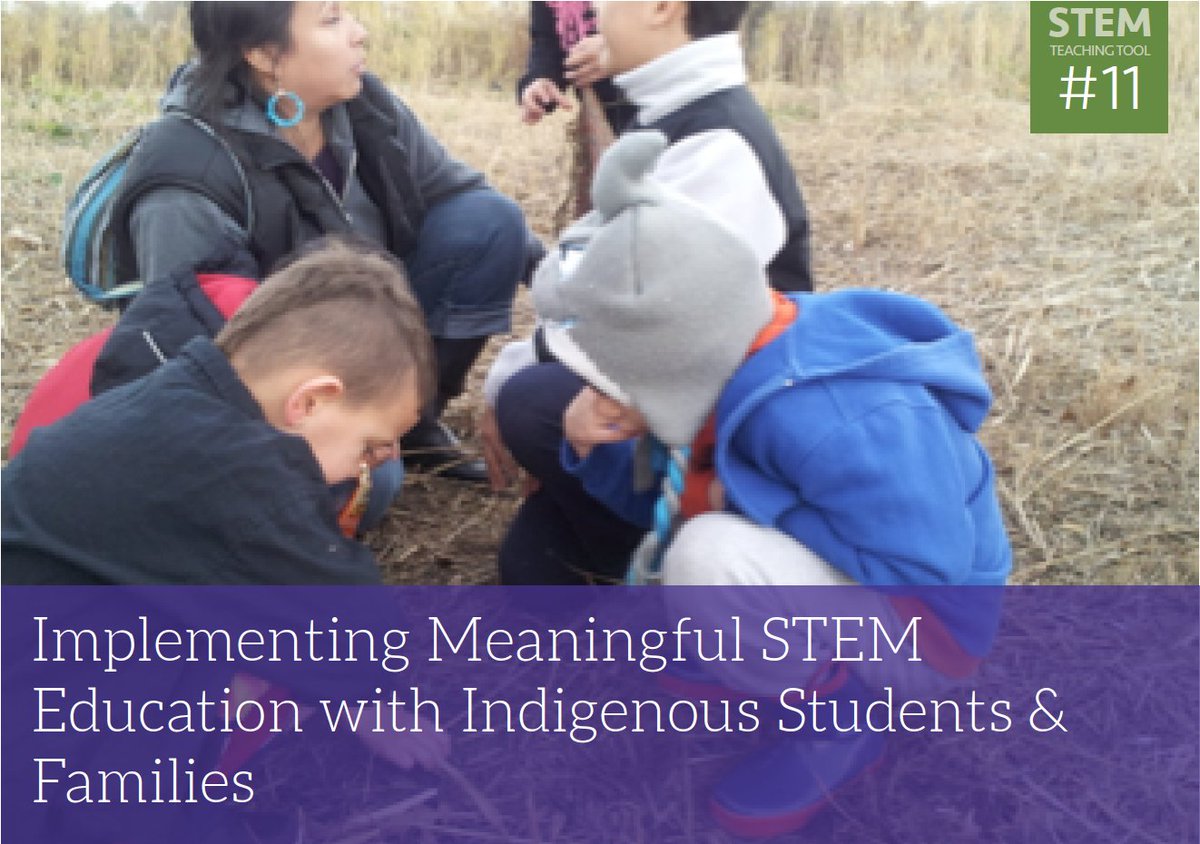
PLS RT & SHARE #NGSSchat #SciEd #TeachClimate
Excited to share the web site for the CLIMATE & ENVIRONMENTAL JUSTICE IN EDUCATION grad seminar I'm teaching with @jnprezzo this term. We'll share readings, resources & ideas based on our inquiry. #UWClimateEd
sites.google.com/uw.edu/climate…
Excited to share the web site for the CLIMATE & ENVIRONMENTAL JUSTICE IN EDUCATION grad seminar I'm teaching with @jnprezzo this term. We'll share readings, resources & ideas based on our inquiry. #UWClimateEd
sites.google.com/uw.edu/climate…

The approach we are taking with the course is that of an interdisciplinary research group focused on education. We will collectively inquire, learn, imagine, design & share our thinking over the course of the term.
We invite you to follow along & join in through #UWClimateEd

We invite you to follow along & join in through #UWClimateEd


The driving question of our shared inquiry will be:
How can we promote learning in order to create more just, thriving, and regenerative conditions for all Earthly beings, human and otherwise?
Together we will think across timescales, contexts for learning, and worldviews.
How can we promote learning in order to create more just, thriving, and regenerative conditions for all Earthly beings, human and otherwise?
Together we will think across timescales, contexts for learning, and worldviews.
We will be using these four books as anchor texts to support our inquiry—supplemented with readings, podcasts, and media. #NGSSchat #UWClimateEd
milkweed.org/book/braiding-…
press.princeton.edu/books/paperbac…
upress.umn.edu/book-division/…
en.wikipedia.org/wiki/Parable_o…



milkweed.org/book/braiding-…
press.princeton.edu/books/paperbac…
upress.umn.edu/book-division/…
en.wikipedia.org/wiki/Parable_o…




In our first session, we used this @STEMTeachTools to discuss how we do/might educate for ecological caring from multispecies justice perspective. We explored the question:
How can we be more present for OTHER SPECIES at a time of ecological devastation?
stemteachingtools.org/brief/61
How can we be more present for OTHER SPECIES at a time of ecological devastation?
stemteachingtools.org/brief/61

In our second session, we started with an overview of the amazing resources that the @LearnInPlaces project has been developing. Although tailored for learners in K-3 grades & their families—they have informed work with older students. Check them out here: learninginplaces.org 





Our course web site has been updated to include the readings for next week. In Session 3, we will start framing climate justice issues using the pieces shown below. Links are available on the site. We'll publish a summary of the Edwards piece. #UWClimateEd
sites.google.com/uw.edu/climate…
sites.google.com/uw.edu/climate…

In session 2 this week, we started exploring the history, dimensions, and current forms of environmental (in)justice.
Links to readings and slides are in Session 2 readings. We started connecting to key concepts & dimensions.
sites.google.com/uw.edu/climate…
#WAClimateEd #NGSSchat #SciEd


Links to readings and slides are in Session 2 readings. We started connecting to key concepts & dimensions.
sites.google.com/uw.edu/climate…
#WAClimateEd #NGSSchat #SciEd



We started exploring educational implications of the amazing review of @cschell_canids & colleagues about the ecological & evolutionary consequences of systemic racism. There are many implications for #SciEd (eg, see modeling quote).
#NGSSchat #WAClimateEd
researchgate.net/publication/34…


#NGSSchat #WAClimateEd
researchgate.net/publication/34…



We ended our session by starting to engage in a small group speculative design activity focused on imagining an educational OTHERWISE. We centered our work on the pieces we read and this quote from Donna Haraway. See the slides for Session 2 for additional detail. #WAClimateEd 

We've started compiling all of the resources into a Wakelet board for the #UWClimateEd course. We'll keep adding to this collection as the term unfolds. It is linked from the course web site as a navigation tab. Here's the direct link: wke.lt/w/s/u5IPL5
#NGSSchat #SciEd
#NGSSchat #SciEd

In our 3rd session, we explored dimensions of CLIMATE (IN)JUSTICE—ethics, policy frameworks, migrations, white allyship as well as social tipping points & legal responses.
Links to readings & slides are in Session 3 readings.
sites.google.com/uw.edu/climate…
#WAClimateEd #NGSSchat #SciEd
Links to readings & slides are in Session 3 readings.
sites.google.com/uw.edu/climate…
#WAClimateEd #NGSSchat #SciEd
#WAClimateEd started exploring RIGHTS OF NATURE as legal response to protecting natural entities & places. We'll likely return to this as educational possibilities are promising & vital for shifting human-nature relations.
therightsofnature.org
Overview:
therightsofnature.org
Overview:

#WAClimateEd participants shared a new set of resources—books, people, projects, ed resources—related to CLIMATE (IN)JUSTICE. These have been posted to our course Wakelet. (And you can also review many of them in the Week 3 slides.)
wke.lt/w/s/u5IPL5
wke.lt/w/s/u5IPL5
I shared with #WAClimateEd this set of podcasts I use, among others, to explore environmental & climate (in)justice, response efforts & different perspectives
mothersofinvention.online
gimletmedia.com/shows/howtosav…
criticalfrequency.org/drilled
forthewild.world
podcasts.apple.com/us/podcast/eme…
mothersofinvention.online
gimletmedia.com/shows/howtosav…
criticalfrequency.org/drilled
forthewild.world
podcasts.apple.com/us/podcast/eme…

You can follow the work of these podcasts and media efforts on Twitter:
@MothersInvent
@how2saveaplanet
@WeAreDrilled
@ForTheWild_
@emergence_zine
#WAClimateEd
@MothersInvent
@how2saveaplanet
@WeAreDrilled
@ForTheWild_
@emergence_zine
#WAClimateEd

Our #UWClimateEd course web site has been updated to include the readings for next week.
In Session 4, we lay a foundation for understanding Indigenous Systems of Responsibility & approaches to Environmental Education. Links are available on the site:
sites.google.com/uw.edu/climate…
In Session 4, we lay a foundation for understanding Indigenous Systems of Responsibility & approaches to Environmental Education. Links are available on the site:
sites.google.com/uw.edu/climate…

In our 4th session of #WAClimateEd, we launched using a small group exercise designed to cultivate a culture of gratitude. We reflected on this recording of the Haudenosaunee Thanksgiving Address and named our allegiances to place-based relations.






We explored the learning goals shown below throughout the session.
We are working from the stance that there a just response to climate & environmental crises is not possible without the centering of Indigenous, Black & Brown knowledge, worldview & leadership. #UWClimateEd
We are working from the stance that there a just response to climate & environmental crises is not possible without the centering of Indigenous, Black & Brown knowledge, worldview & leadership. #UWClimateEd

We shared a range of resources focused on centering Indigenous systems of responsibility, knowledge & worldview in environmental & climate education / movements.
Links to all of the resources are available in Session 4 Slides on the #UWClimateEd web site:
sites.google.com/uw.edu/climate…
Links to all of the resources are available in Session 4 Slides on the #UWClimateEd web site:
sites.google.com/uw.edu/climate…

We were inspired by @MaxLiboiron to work towards READING WITH RECIPROCITY in the #UWClimateEd class—by actively resisting extractive & corrosively critical engagements with the literature while working to hold our responsibilities in relation.
civiclaboratory.nl/2021/01/03/col…
civiclaboratory.nl/2021/01/03/col…
Here's a window into the group's reciprocal processing of Sherri Mitchell's piece INDIGENOUS PROPHECY & MOTHER EARTH from @allwecansave.
It is such an amazing overview of the centrality of Indigenous knowledge & worldview in any successful and just climate response. #UWClimateEd

It is such an amazing overview of the centrality of Indigenous knowledge & worldview in any successful and just climate response. #UWClimateEd


The #UWClimateEd class engaged with @kylepowyswhyte's amazing piece on Indigenous Environmental Ed.
The definitional work on COLLECTIVE CONTINUANCE & worked examples supported incredible expansions in our educational thinking—in morally grounded ways.
academia.edu/37765325/Refle…
The definitional work on COLLECTIVE CONTINUANCE & worked examples supported incredible expansions in our educational thinking—in morally grounded ways.
academia.edu/37765325/Refle…
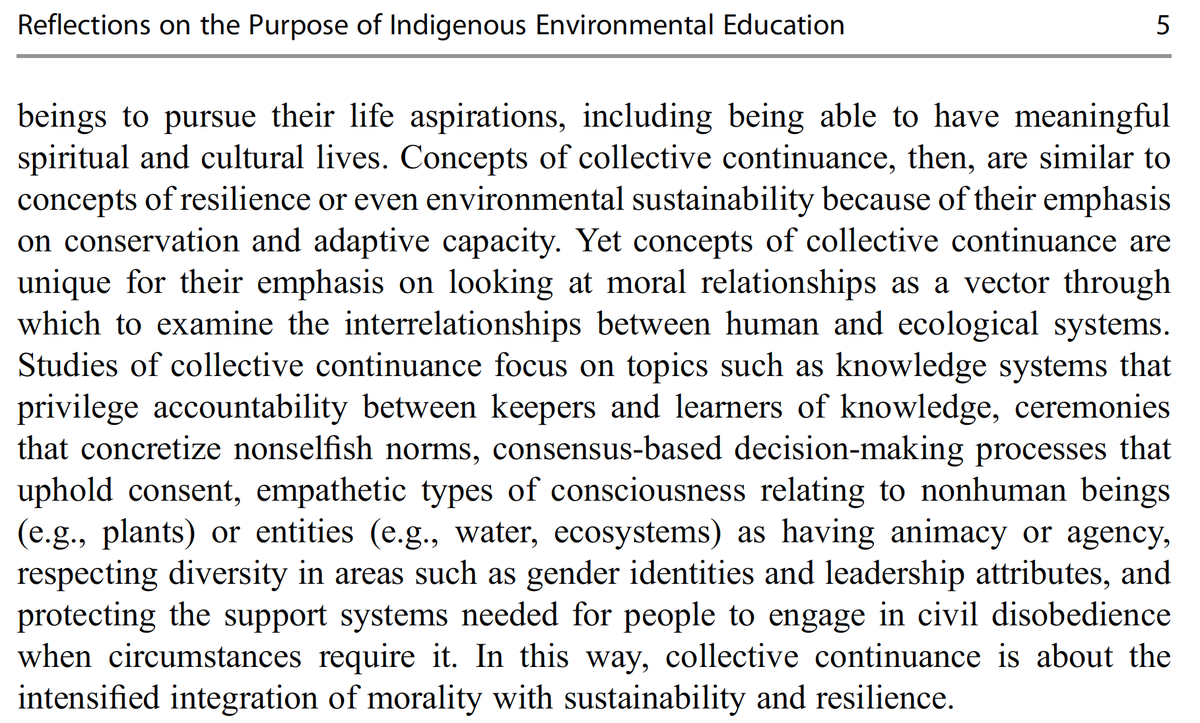
In Session 5, we will start exploring feminist Science & Technology Studies (STS) work through interviews with Donna Haraway & Anna Tsing — and through speculative fiction in Haraway's STAYING WITH THE TROUBLE.
Links can be found on the #UWClimateEd site:
sites.google.com/uw.edu/climate…

Links can be found on the #UWClimateEd site:
sites.google.com/uw.edu/climate…
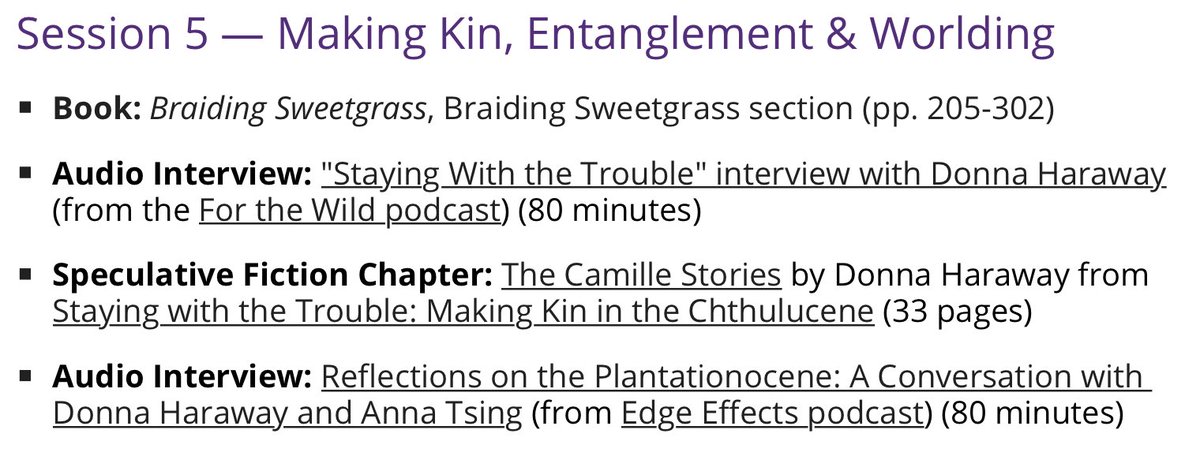
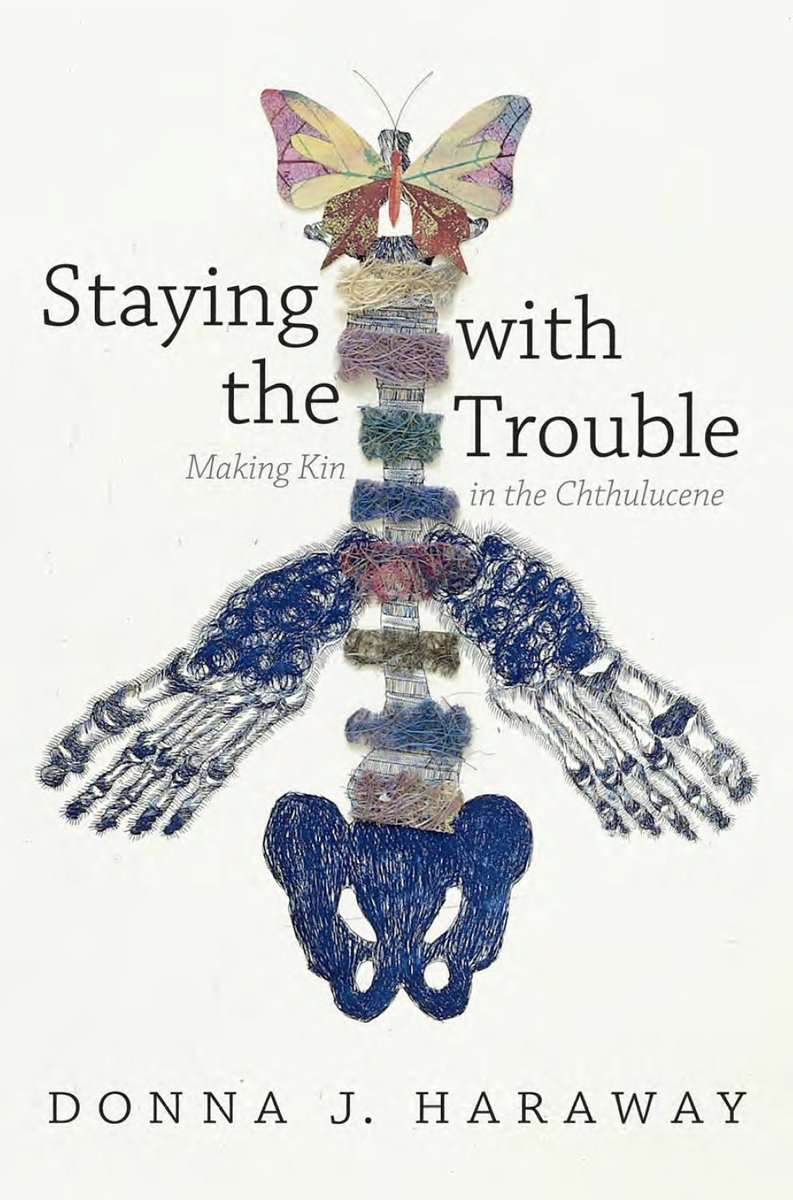
In Session 5 of #UWClimateEd, we focused our time together on these two multifaceted learning goals for our time together.
There is a lot of detail, nuance, insight & power to the feminist science studies work of Drs. Anna Tsing & Donna Haraway. We started to get a sense of it.
There is a lot of detail, nuance, insight & power to the feminist science studies work of Drs. Anna Tsing & Donna Haraway. We started to get a sense of it.

These interviews with Drs. Donna Haraway & Anna Tsing brought us into startling insights, deep personal reflections & glimpses of how we might collectively learn to pursue an OTHERWISE. #UWClimateEd
@ForTheWild_
forthewild.world/listen/donna-h…
@edgeeffectsmag
edgeeffects.net/haraway-tsing-…



@ForTheWild_
forthewild.world/listen/donna-h…
@edgeeffectsmag
edgeeffects.net/haraway-tsing-…




We concretized these ideas by engaging projects from STAYING WITH THE TROUBLE focused on WORLDING—the building of worlds—through creative engagements focused on MULTISPECIES FLOURISHING.
Details and links are in #UWClimateEd slides for Session 5:
sites.google.com/uw.edu/climate…
Details and links are in #UWClimateEd slides for Session 5:
sites.google.com/uw.edu/climate…

We explored resources leveraging concepts of:
🌿thick present
🌿entanglement & shimmer
🌿nonhuman sentience
🌿ethics of principled exclusion
🌿designing for radical interdependence & community-led justice
Links are in #UWClimateEd slides for Session 5:
sites.google.com/uw.edu/climate…
🌿thick present
🌿entanglement & shimmer
🌿nonhuman sentience
🌿ethics of principled exclusion
🌿designing for radical interdependence & community-led justice
Links are in #UWClimateEd slides for Session 5:
sites.google.com/uw.edu/climate…
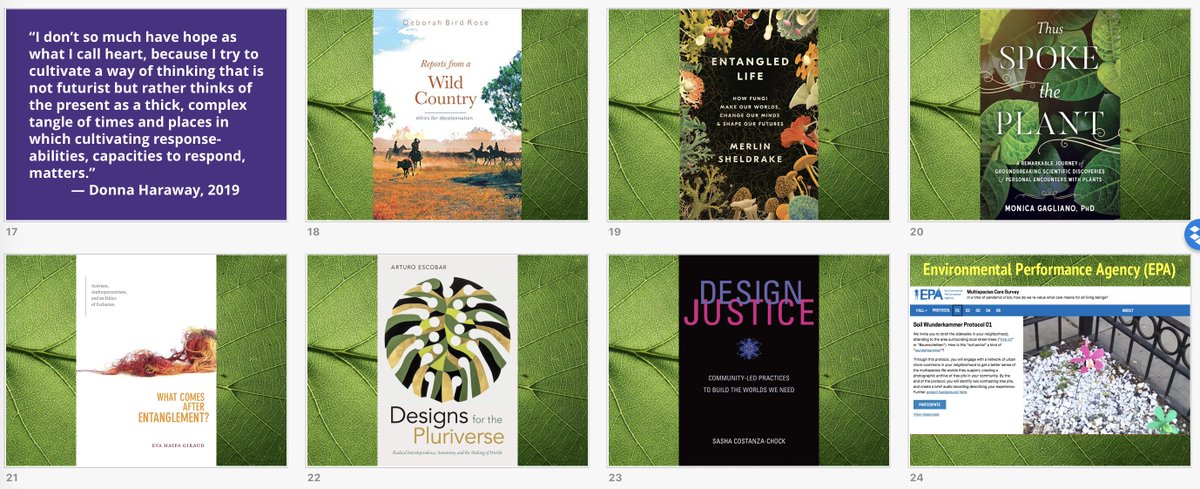
We need to design for emergence of partial recuperation across multiple timescales. Building on Haraway's model of the CAMILLE STORIES, the group explored how to frame SPECULATIVE, multi-generational stories of PARTIAL FLOURISHING through COMPANION-SPECIES KNOTTINGS. #UWClimateEd 





In Session 6 of #UWClimateEd, we will keep exploring speculative ethics in ECOLOGICAL THINKING & CARING from critical, Black feminist perspectives & wrap up discussing BRAIDING SWEETGRASS.
Links to these readings & media are on the #UWClimateEd web site:
sites.google.com/uw.edu/climate…
Links to these readings & media are on the #UWClimateEd web site:
sites.google.com/uw.edu/climate…

In Session 6 of #UWClimateEd, we collectively explored:
🌿material-semiotic perspectives on an ETHICS OF CARE through work of Dr. María Puig de la Bellacasa
🌿BLACK FEMINIST ECOLOGICAL THOUGHT through work of Dr. Chelsea Mikael Frazier, @Amazon_Scholar
sites.google.com/uw.edu/climate…
🌿material-semiotic perspectives on an ETHICS OF CARE through work of Dr. María Puig de la Bellacasa
🌿BLACK FEMINIST ECOLOGICAL THOUGHT through work of Dr. Chelsea Mikael Frazier, @Amazon_Scholar
sites.google.com/uw.edu/climate…

Pushing back on normative moral frame of obligation, Puig de la Bellcasa opens up a nuanced account of THICK CARING PRACTICES that are material, relational & speculative—focused on crafting ‘as well as possible’ relations and worlds. #UWClimateEd
Book: upress.umn.edu/book-division/…


Book: upress.umn.edu/book-division/…

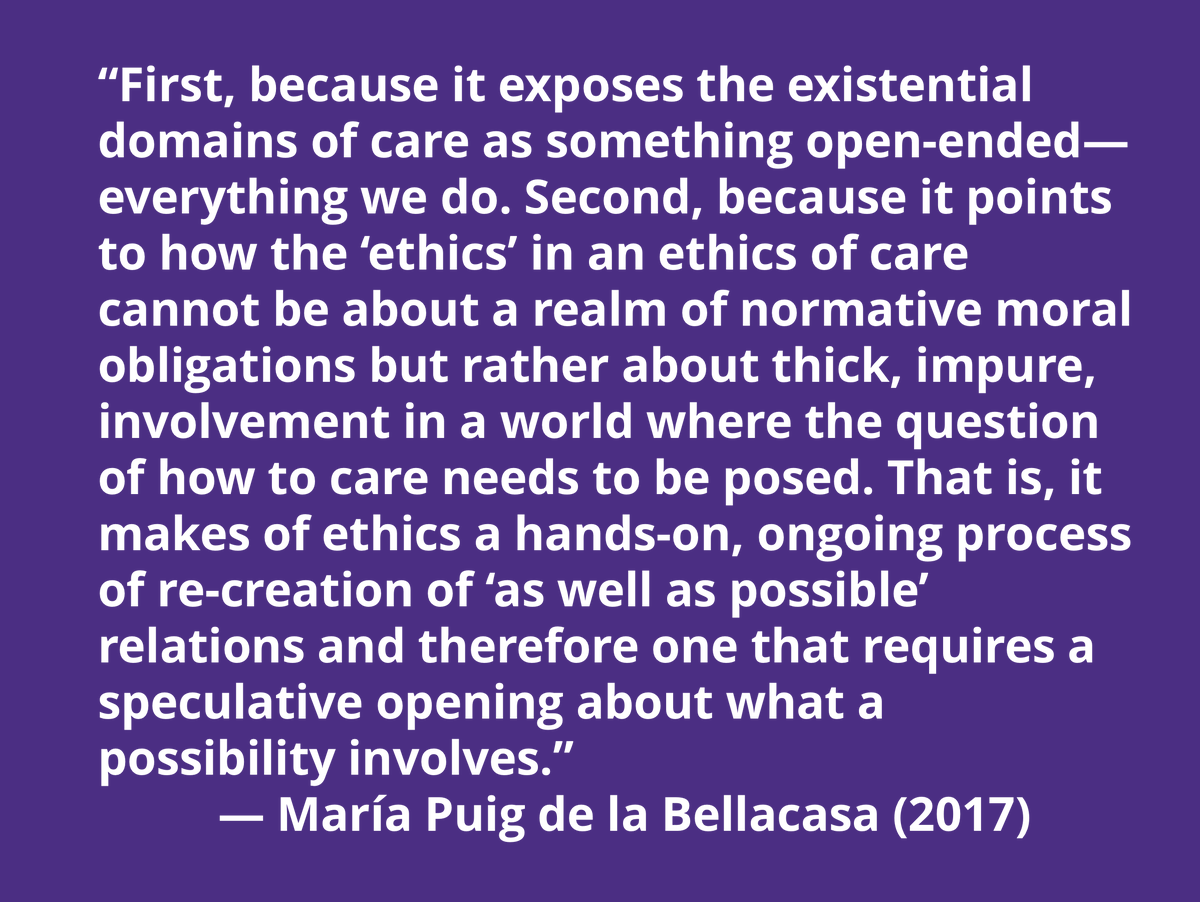

We explored resources related to:
🌿political context of caring
🌿radical care
🌿expanding agency beyond the human
🌿companion species relations
🌿More Than Human participatory research
🌿diffractive methods
Links are in #UWClimateEd slides for Session 6:
sites.google.com/uw.edu/climate…
🌿political context of caring
🌿radical care
🌿expanding agency beyond the human
🌿companion species relations
🌿More Than Human participatory research
🌿diffractive methods
Links are in #UWClimateEd slides for Session 6:
sites.google.com/uw.edu/climate…
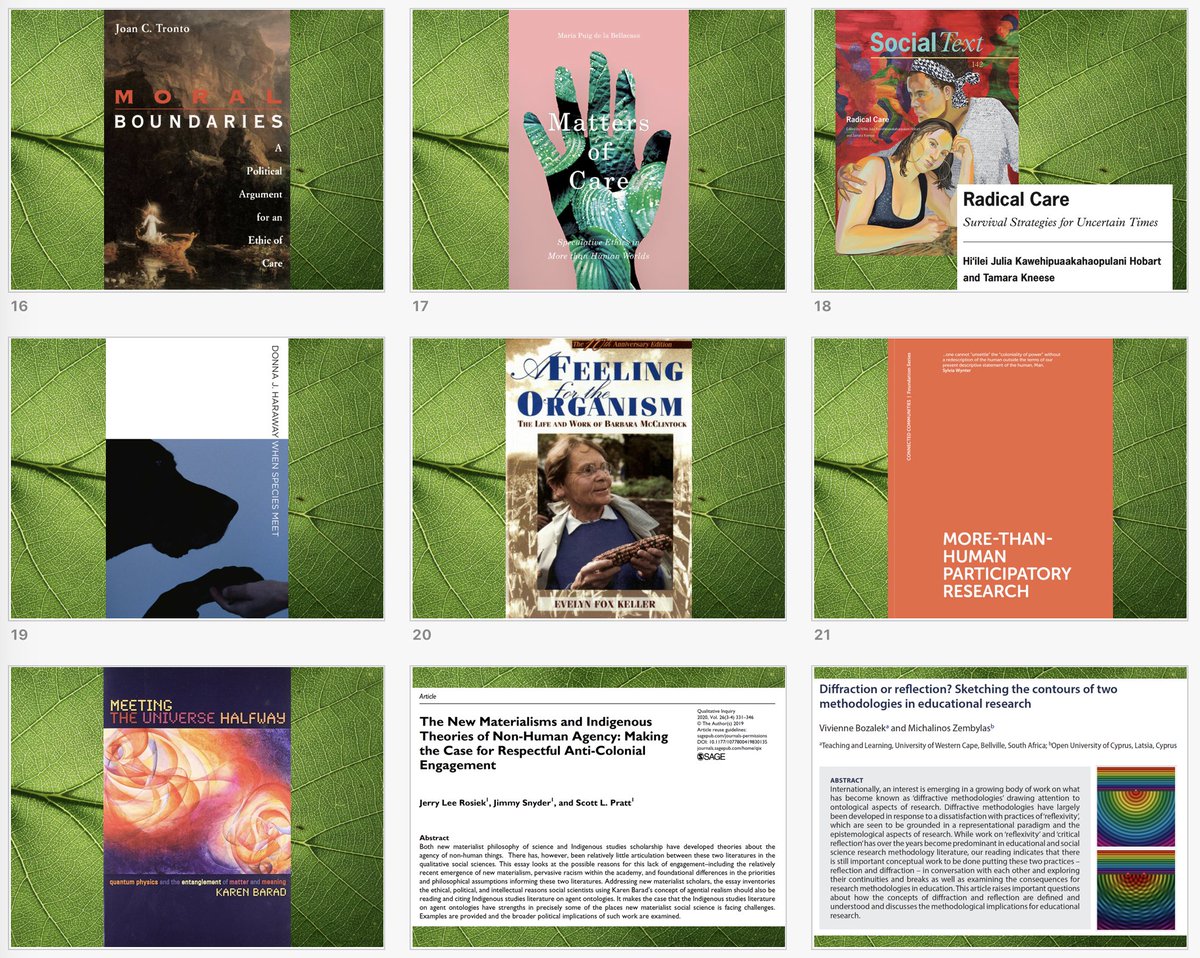
We identified and launched four educational design collaboratives within the #UWClimateEd class. We had used this participatory process—originally used by the #NSFfunded CILT center—to brainstorm and identify groups with critical mass.
Stay tuned for details on those efforts.
Stay tuned for details on those efforts.
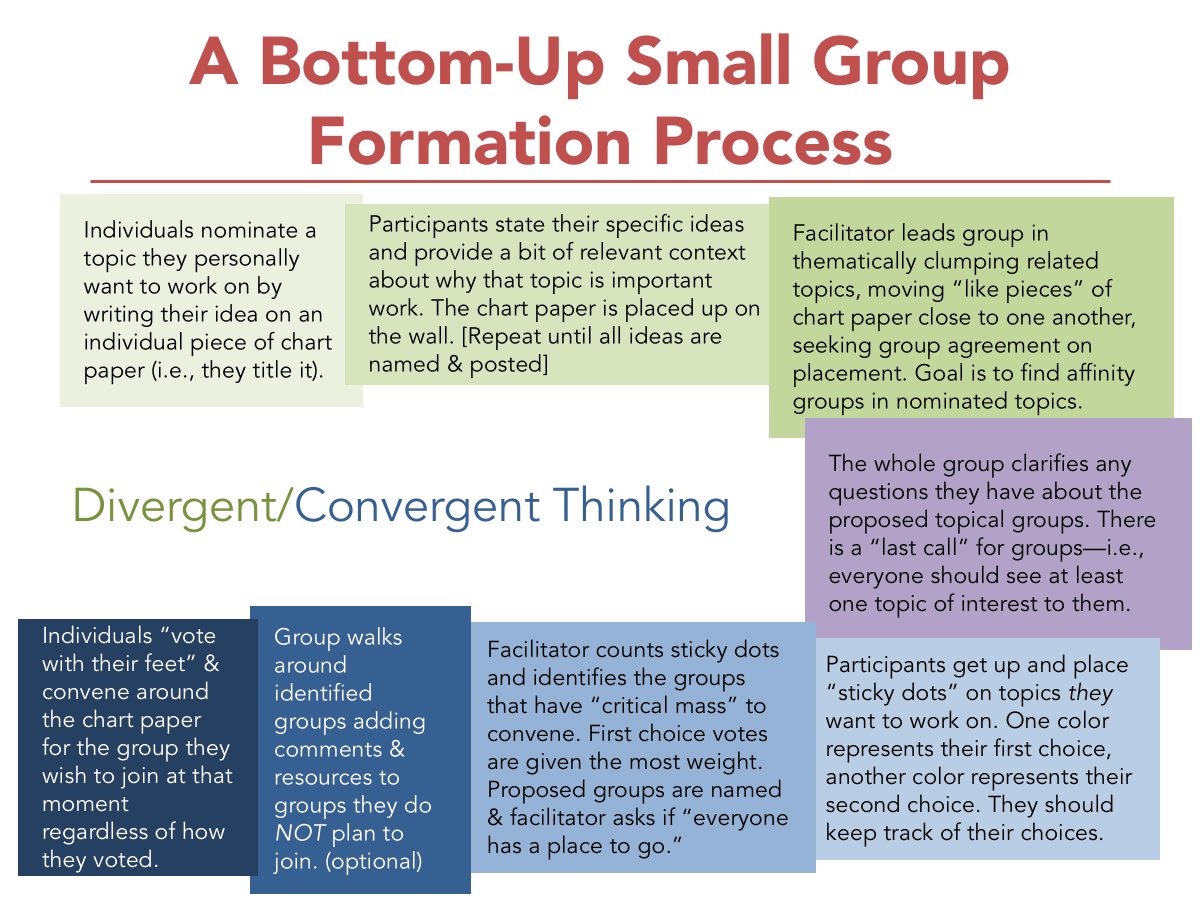
We explored the Soil Wunderkammer Protocol from the Multispecies Care Survey. @jnprezzo modeled the protocol & reflected on how it connected to the themes of the #UWClimateEd course.
Individuals can learn more & contribute to a collective data set here: multispecies.care

Individuals can learn more & contribute to a collective data set here: multispecies.care

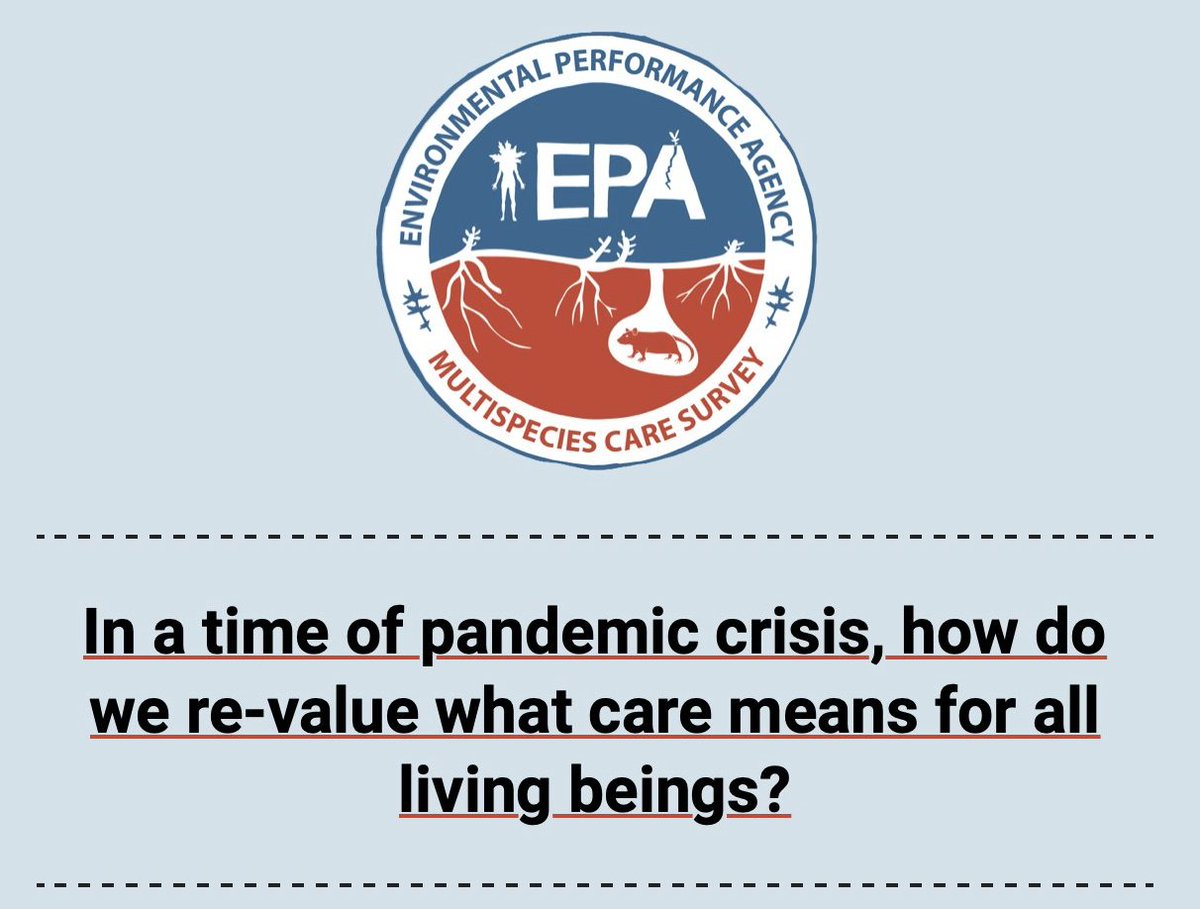
In Session 7 of #UWClimateEd, we will continue exploring how to “Center BIPOC Worldviews and Disrupt White Environmental Imaginaries” in education efforts about #ClimateCrisis response.
Links to these readings & media are on the #UWClimateEd web site:
sites.google.com/uw.edu/climate…
Links to these readings & media are on the #UWClimateEd web site:
sites.google.com/uw.edu/climate…
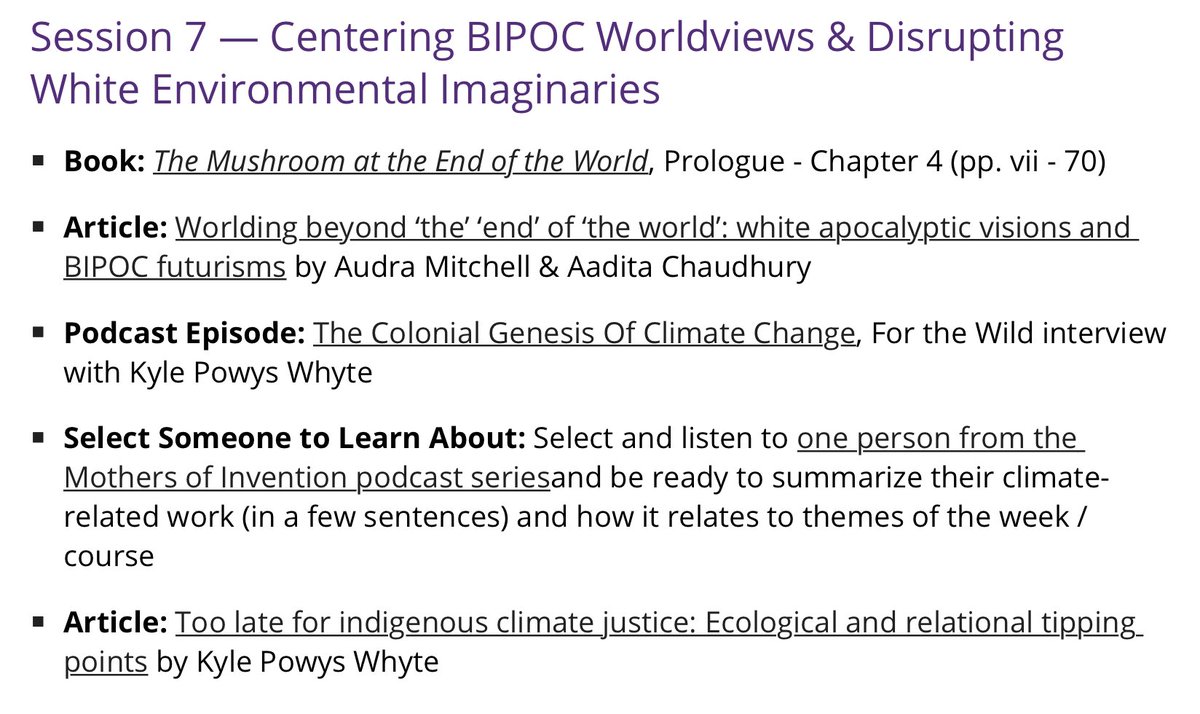
In Session 7 of #UWClimateEd, we launched into our co-design project groups. We discussed these project criteria. I then shared strategies I've been developing for launching into mutlispecies flourishing work from an equity stance. Then we got into the nitty-gritty project work! 


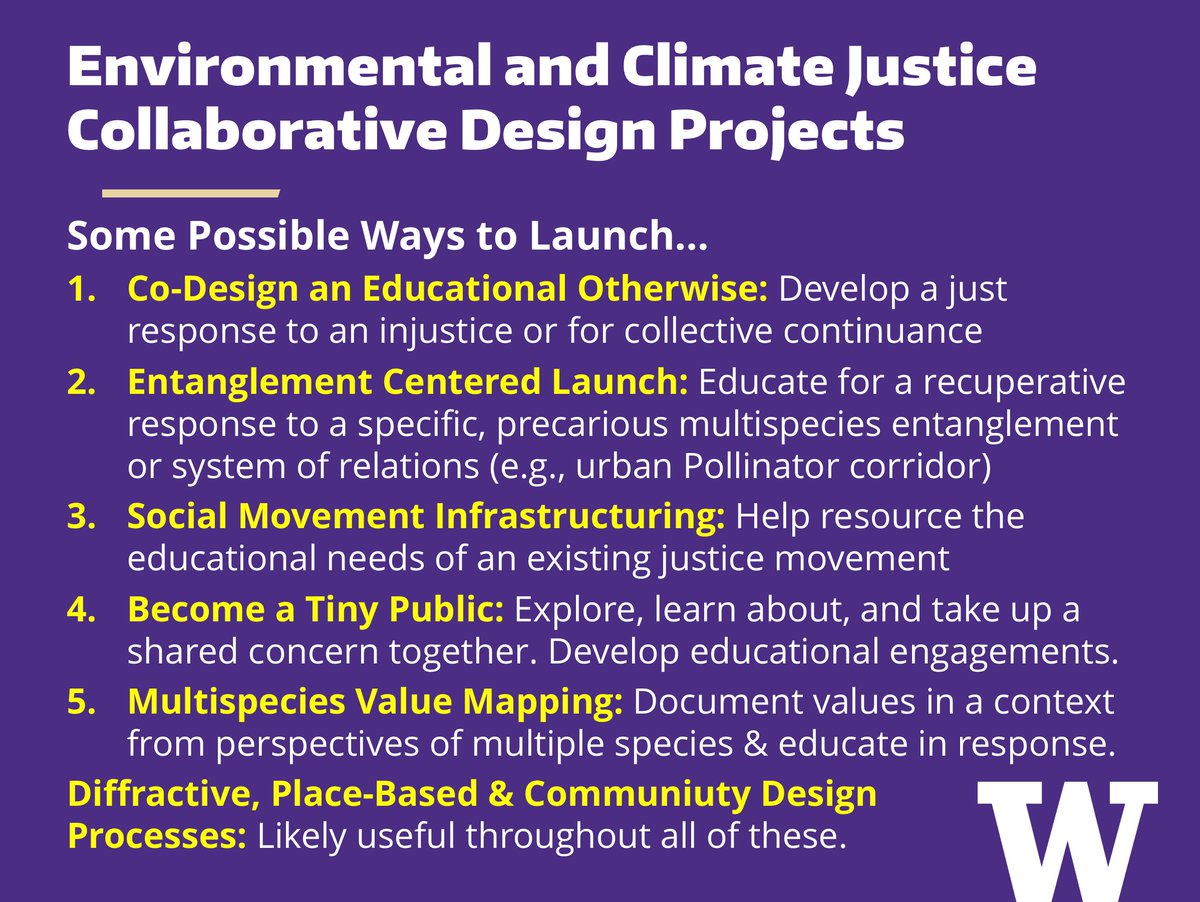
For the past couple of years, I've been piecing together a methodological approach I'm calling MULTISPECIES DESIGN RESEARCH.
It builds on Design-Based Research from Learning Sciences but focuses on multispecies flourishing in a damaged world. Here's the current image of it:

It builds on Design-Based Research from Learning Sciences but focuses on multispecies flourishing in a damaged world. Here's the current image of it:

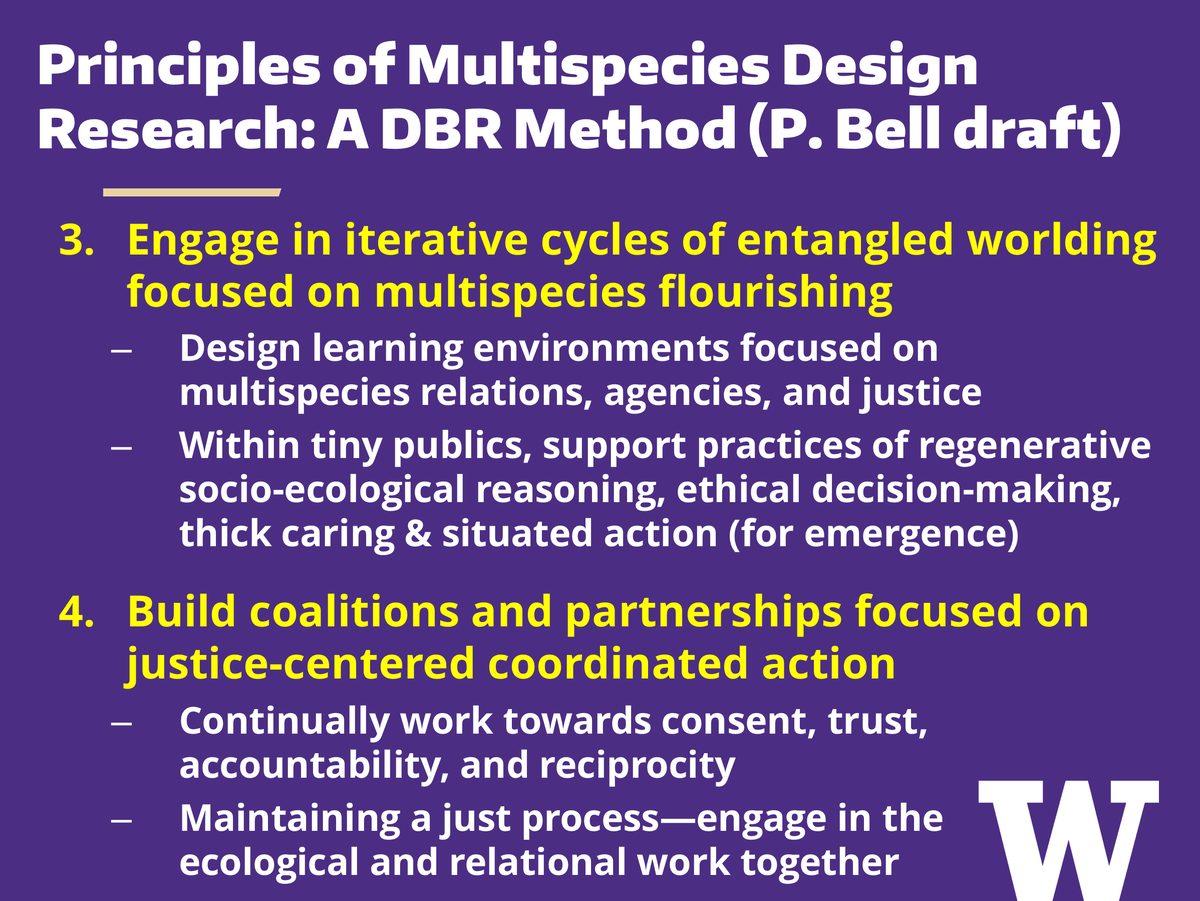
If you've been following the details of our #UWClimateEd class, you'll be able to trace various influences of the literature we've been exploring in these principles. A more detailed account is in process.
An important grounding inspiration for this work:
"Could we, as proposed by Ruth Muller and Martha Kenney (2015), value research methodologies for the caring relational entanglements they produce?"
— María Puig de la Bellacasa, Matters of Care, 2017
upress.umn.edu/book-division/…
"Could we, as proposed by Ruth Muller and Martha Kenney (2015), value research methodologies for the caring relational entanglements they produce?"
— María Puig de la Bellacasa, Matters of Care, 2017
upress.umn.edu/book-division/…
In Session 7, we explored resources about:
🌿Black speculative fiction
🌿Black environmentalism
🌿Intersectional environmentalism
🌿Tribal climate resources & response
🌿Justice-centered climate empowerment
Links are in #UWClimateEd slides for Session 7:
sites.google.com/uw.edu/climate…
🌿Black speculative fiction
🌿Black environmentalism
🌿Intersectional environmentalism
🌿Tribal climate resources & response
🌿Justice-centered climate empowerment
Links are in #UWClimateEd slides for Session 7:
sites.google.com/uw.edu/climate…
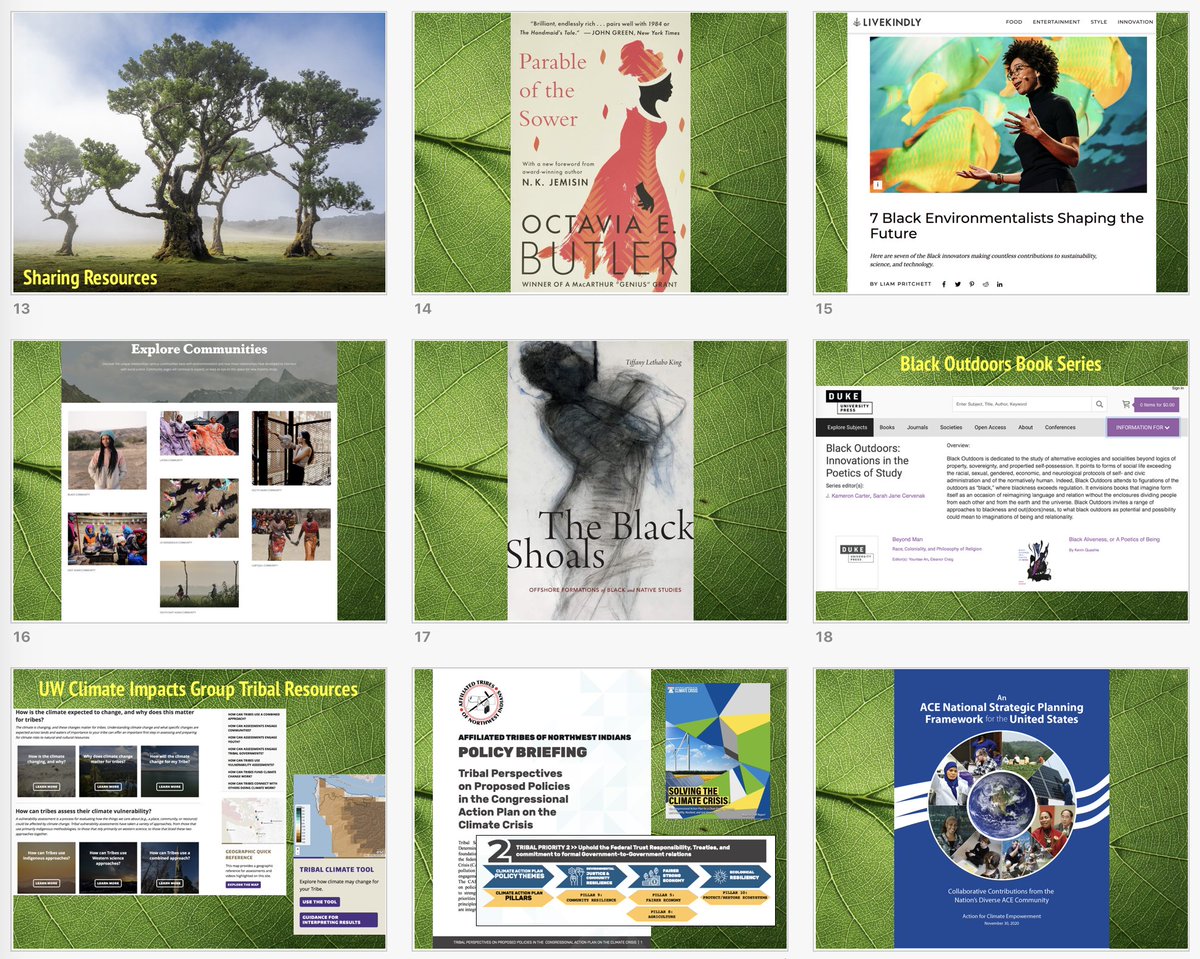
We discussed Dr. Tsing's book:
"What if precarity, indeterminacy & what we imagine as trivial are the center of the systematicity we seek?... Unable to rely on a stable structure of community, we are thrown into shifting assemblages, which remake us as well as our others." (p20)
"What if precarity, indeterminacy & what we imagine as trivial are the center of the systematicity we seek?... Unable to rely on a stable structure of community, we are thrown into shifting assemblages, which remake us as well as our others." (p20)

Individuals in #UWClimateEd developed mini-case studies of individuals interviewed on the @MothersInvent podcast. It was a way of centering BIPOC womxn voices in environmental & climate justice work—and it really helped open up ideas in our readings.🔥🔥🔥
mothersofinvention.online/mothers
mothersofinvention.online/mothers

As part of #UWClimateEd course I came across this amazing syllabus from @MaryHeglar. 🙏 I've had mad respect for her because of @RealHotTake podcast w/ equally awesome @amywestervelt.
Syllabus readings are a #MustRead if you care about #ClimateCrisis…
blogs.ei.columbia.edu/2020/02/11/cli…
Syllabus readings are a #MustRead if you care about #ClimateCrisis…
blogs.ei.columbia.edu/2020/02/11/cli…
In Session 8, we will explore how centering MULTIPLE WAYS OF KNOWING in climate & environmental education is key for moving toward a just, thriving & culturally regenerative world.
Links to these readings & resources are on the #UWClimateEd web site:
sites.google.com/uw.edu/climate…
Links to these readings & resources are on the #UWClimateEd web site:
sites.google.com/uw.edu/climate…

In Session 8 of #UWClimateEd, our community launch for the day focused on sharing resources related to INDIGENOUS WAYS OF KNOWING in #SciEd we had personally explored in our @STEMTeachTools curated collection. It was a grounded & rich way into the work.
pinterest.com/stemeducation/…
pinterest.com/stemeducation/…

We framed the learning focus for the day. I provided context around this 2010 piece by @meganbang3 & Doug Medin that I believe was pivotal in launching MULTIPLE WAYS OF KNOWING within the #SciEd research field.
🌿SUMMARY rr2p.org/article/211
🌿ARTICLE education.uw.edu/sites/default/…

🌿SUMMARY rr2p.org/article/211
🌿ARTICLE education.uw.edu/sites/default/…

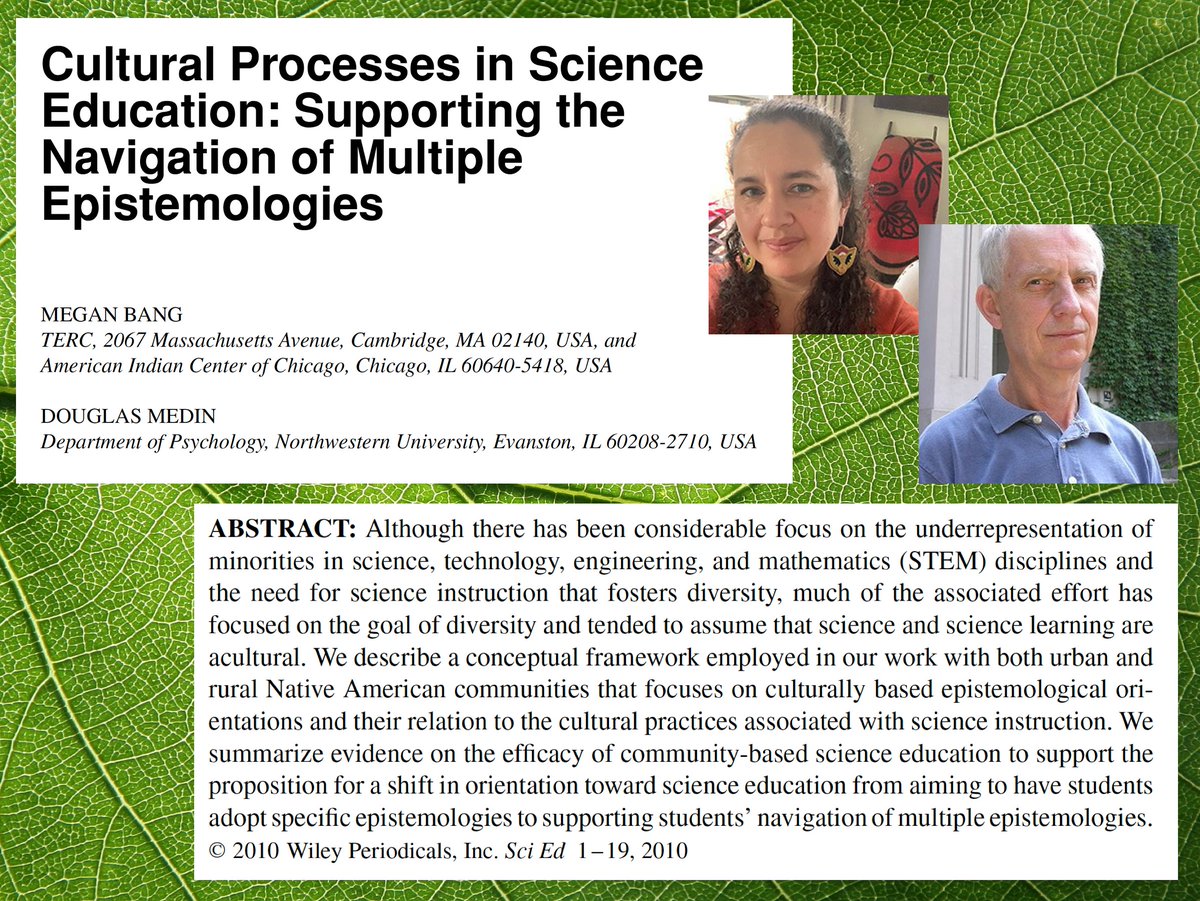
In preparation for the #UWClimateEd session, I had slowly and generously interpreted our reading for the day by @meganbang3 & @anandammarin. I revisited some of those key insights & reflections with the class—many of which can be found in this thread…
https://twitter.com/philiplbell/status/1363601827002937347?s=20
Our other #UWClimateEd reading is a new chapter on MULTIPLE WAYS OF KNOWING by Warren et al. It outlines a crucial research & education agenda for the next decade.
The argument & key concepts—MULTIPLICITY, HORIZONTALITY & DIALOGICALITY—had a powerful impact on our thinking.

The argument & key concepts—MULTIPLICITY, HORIZONTALITY & DIALOGICALITY—had a powerful impact on our thinking.
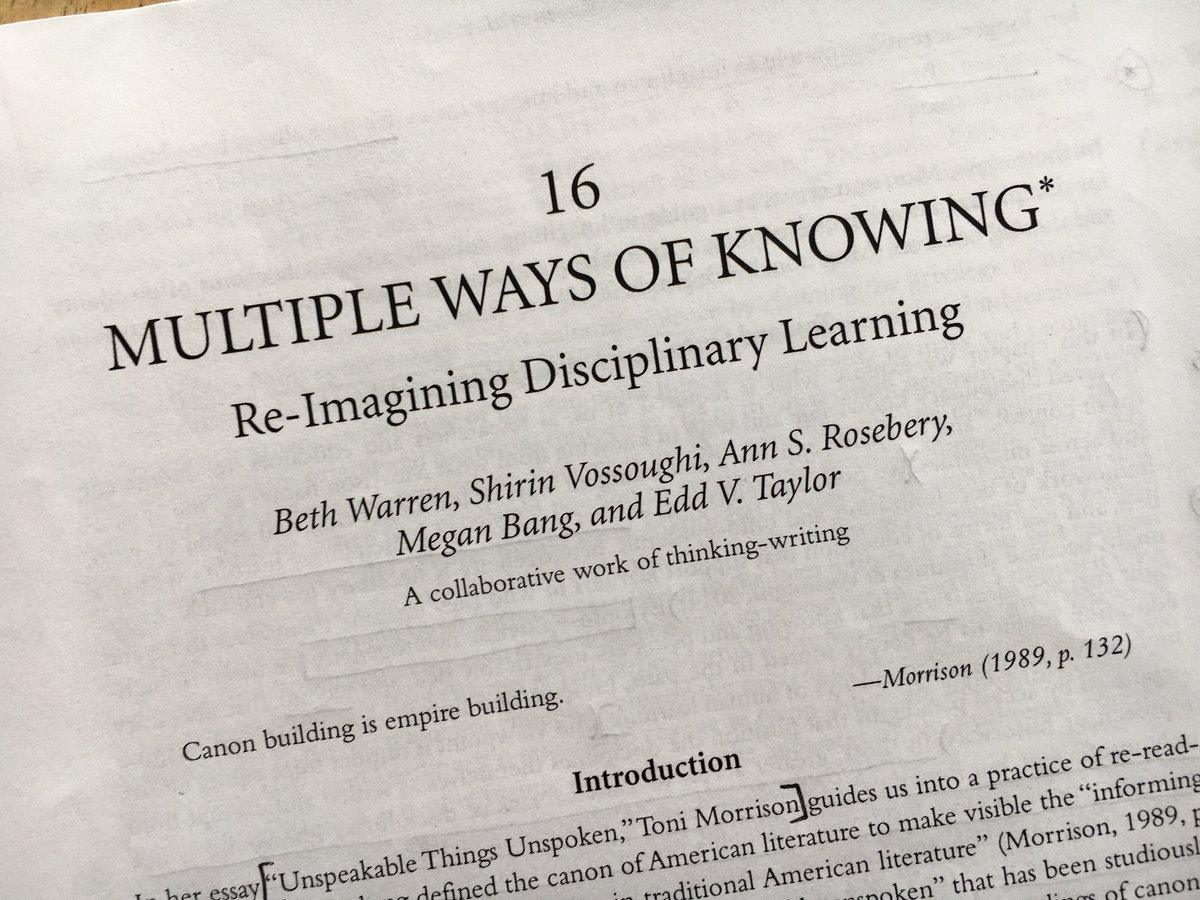

“We explore what is required of us, as researchers & educators, to disentangle received disciplinary knowledge & ways of knowing from what Morrison names as ‘the apparatus of control,’ & to enable expansive & insurgent ways of learning, being&acting in, with &across disciplines” 
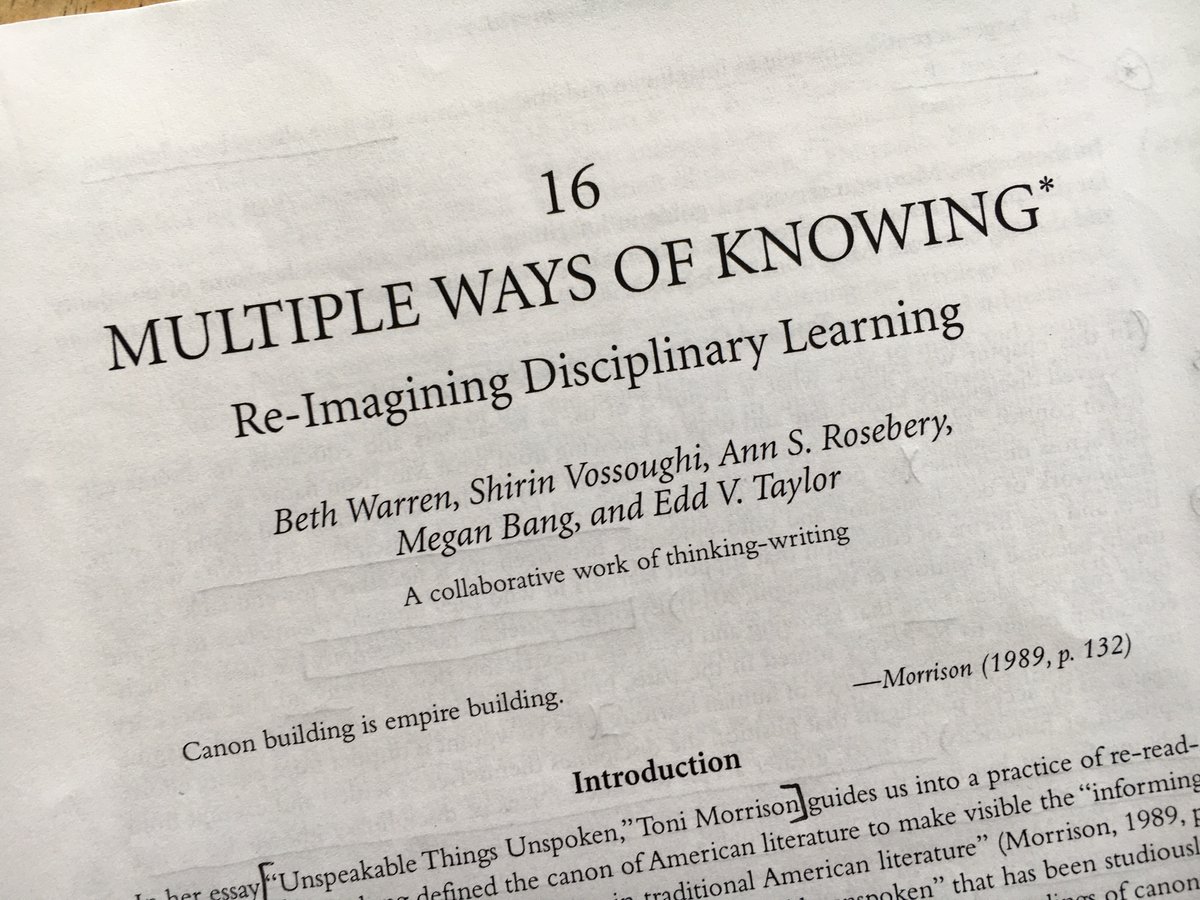
We explored resources about:
🌿affective engagement through art
🌿politics of affect
🌿more-than-social movements
🌿Black outdoor ecologies & socialities
🌿Indigenous ways of knowing
🌿white settler-colonial denial
Links in #UWClimateEd Session 8 slides:
sites.google.com/uw.edu/climate…
🌿affective engagement through art
🌿politics of affect
🌿more-than-social movements
🌿Black outdoor ecologies & socialities
🌿Indigenous ways of knowing
🌿white settler-colonial denial
Links in #UWClimateEd Session 8 slides:
sites.google.com/uw.edu/climate…

We discussed the concepts layered into our current section of The Mushroom at the End of the World by Dr. Anna Tsing including:
🌿value regimes
🌿salvage accumulation & rhythms
🌿assemblages
🌿latent commons
🌿alienation
🌿co-development & symbiosis
#UWClimateEd
🌿value regimes
🌿salvage accumulation & rhythms
🌿assemblages
🌿latent commons
🌿alienation
🌿co-development & symbiosis
#UWClimateEd
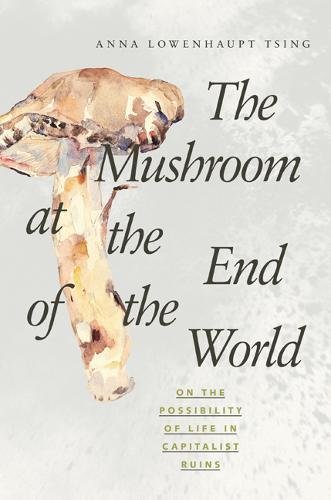
In Session 9, we will explore two different topics nominated by participants in the class:
🌿Fighting invasive infrastructures of empire
🌿The Rights of Nature legal movement
Links to the readings & media resources are on the #UWClimateEd web site:
sites.google.com/uw.edu/climate…
🌿Fighting invasive infrastructures of empire
🌿The Rights of Nature legal movement
Links to the readings & media resources are on the #UWClimateEd web site:
sites.google.com/uw.edu/climate…

• • •
Missing some Tweet in this thread? You can try to
force a refresh





